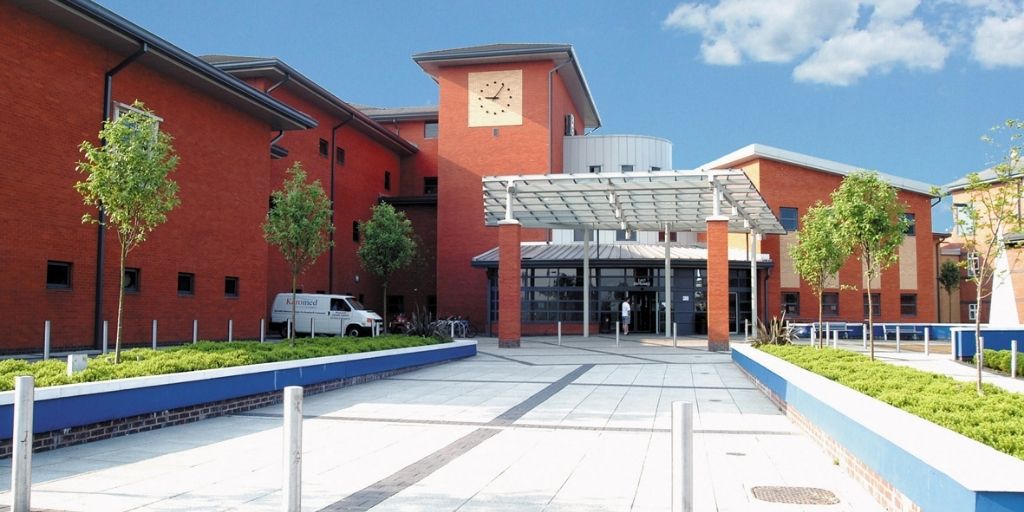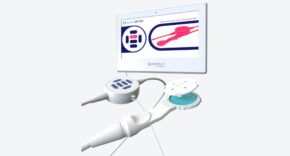
Manchester-based health technology start-up Rinicare has signed a collaboration and data sharing agreement with Manchester University NHS Foundation Trust (MFT) to further develop its advanced clinical risk prediction technology platform, STABILITY. Rinicare’s clinical risk prediction technology is powered by sophisticated algorithms and is designed to give clinicians working in critical care early warning of patients who are at risk of deterioration.
The agreement with MFT will be used to further enhance the predictive power of the STABILITY algorithms and will also help Rinicare to develop and test new applications for the STABILITY technology platform. All the data shared through the agreement is thoroughly de-identified to ensure that the highest levels of data security are maintained.
Dr Ruth Hale, Innovation and IP Management Services Lead at Manchester University Foundation Trust, commented: “It is great that we have been able to take the collaboration with Rinicare forwards and to be supporting the development of health tech innovations in the Manchester area. There is a lot of potential in this technology to really make a difference to clinicians and patients, so we look forward to being part of its development.”
Rinicare’s Managing Director, Dr Anthony Holmes, commented: “We are very excited to be starting work on this exciting project with a world-leading institution like MFT. Clinical risk prediction technology is a powerful new tool to help clinicians accurately assess patients’ risk profiles. Particularly with the NHS COVID-19 surgery backlog, understanding early on which patients need additional care and which can be safely discharged has never been more important. Our STABILITY platform is being designed to do just that.”
Rinicare is already working with MFT on a clinical evaluation of its STABILITYUO technology, which specifically assesses post-cardiac surgery patients for their risk of developing the fatal complication, Acute Kidney Injury (AKI).
STABILITYUO uses routinely taken physiological measurements to predict the future probability of low urine output in time for clinicians to take preventive action to reduce the risk of developing AKI. This risk prediction is personalised for each patient, is available after only six hours of post-operative monitoring and is updated hourly. Data from the Wythenshawe Hospital (part of MFT) evaluation should be available in 2021, demonstrating the impact that AI-driven patient monitoring can have on high-risk critical care patients.











